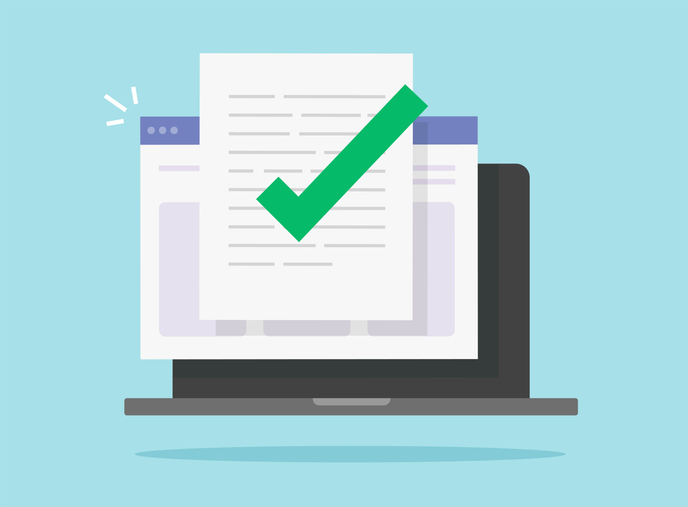On Tuesday, investors poured $70 million into Ambience Healthcare, a San Francisco startup that touts itself as “the most comprehensive AI operating system” that healthcare organizations can adopt. The SaaS company offers tools to alleviate clinicians’ burnout by helping them with documentation, coding, referrals and after-visit summaries.
Ambience, founded in 2020, has now raised a total of $100 million. Some of the startup’s investors include Kleiner Perkins, OpenAI Startup Fund, Andreessen Horowitz, Optum Ventures, Human Capital, Martin Ventures, AIX Ventures and AirTree Ventures, said Ambience CEO Michael Ng.

The Power of One: Redefining Healthcare with an AI-Driven Unified Platform
In a landscape where complexity has long been the norm, the power of one lies not just in unification, but in intelligence and automation.
The startup’s name is derived from the word “ambient.” Ng noted that he and his team wanted to create an experience where clinicians “could fully focus on the patient, with the confidence that our technology would sit in the background and ambiently support.”
Ambience’s platform provides clinicians with a mobile or desktop app that listens to conversations between patients and clinicians. The operating system synthesizes this information to generate clinical notes across all specialties that integrate directly with “all major” EHR systems, Ng explained.
The system also provides medical coding and compliance support at the point of care, produces clinically relevant referral letters to specialists, and crafts after-visit-summaries tailored for the patient and written in their preferred language. Additionally, Ambience plans to add a feature soon to help clinicians prepare for visits by providing them with context about the patient and giving them suggestions for the appointment agenda.
Ng pointed out that Ambience’s technology is an AI operating system — not a point solution. To him, this helps the startup stand out from other companies that offer tools for clinical documentation or coding, such as Nuance, Augmedix and DeepScribe.
“We created the Ambience AI operating system so that our partners can leverage the whole suite of synergistic tools, not just point solutions for scribing,” Ng declared. “Ambience’s platform approach breaks down silos that have traditionally caused inefficiency across healthcare organizations. For example, clinical documentation and coding and billing are inextricably linked, yet traditionally these processes are approached separately.”
Ambience further differentiates itself from the competition because its documentation technology is fine-tuned by specialty, he added.
For instance, documentation for an oncology visit requires details that won’t be found in a primary care note, not to mention the need to capture structured data for research and registries, Ng explained. Ambience recognizes this variability and covers “almost every ambulatory specialty and subspecialty,” including the emergency department, he said.
Ambience has more than 30 customers, all of which are health systems and large provider groups, Ng remarked. Some organizations that have deployed the startup’s software include Memorial Hermann Health System, UCSF Health, John Muir Health and Eventus WholeHealth.
Ng noted that clinicians at Eventus — a North Carolina-based provider group — have reported saving about three hours per day on administrative tasks like documentation and coding since they started using Ambience’s platform.
Eventus piloted multiple solutions before ultimately picking Ambience as its “runaway favorite,” said Dr. Will Sampson, the group’s co-founder and chief learning officer.
“In our population, we work with patients who have many complex, comorbid conditions. We felt that the other solutions couldn’t effectively capture everything that mattered to us in documentation, which meant that our clinicians would still have had to spend a lot of time editing. With Ambience, that wasn’t the case because of how close to perfection it was,” he stated.
Dr. Sampson also pointed out how much Eventus’ clinicians appreciate the fact that Ambience had different models to document primary care and psychiatric services. Other vendors seem to have one model that they try to “force into psychiatry without understanding the nuances of the specialty,” he remarked.
He also noted that he thinks the software is doing a good job of restoring joy in clinicians’ daily workflows.
“Since they don’t have to type, they can be fully present to connect with the patient — and patients can really feel the difference. The notes at the end are comprehensive, concise and well-organized. This reduced documentation time was the first big win in our rollout of Ambience, and its impact on clinician quality of life is potent,” Dr. Sampson declared.
Photo: Elena Lukyanova, Getty Images









